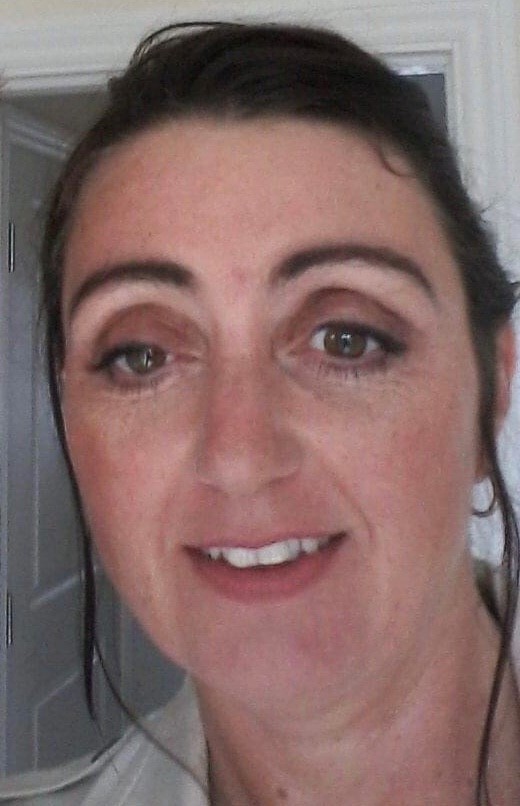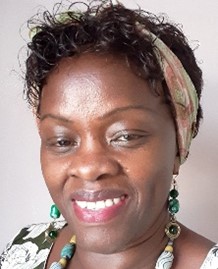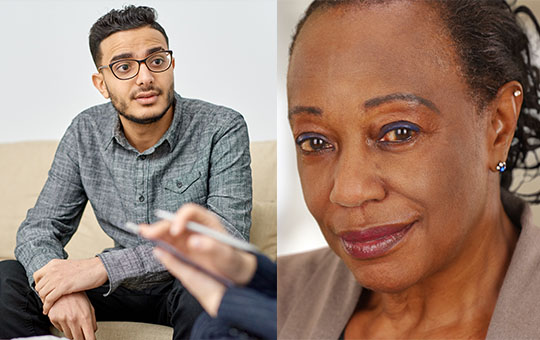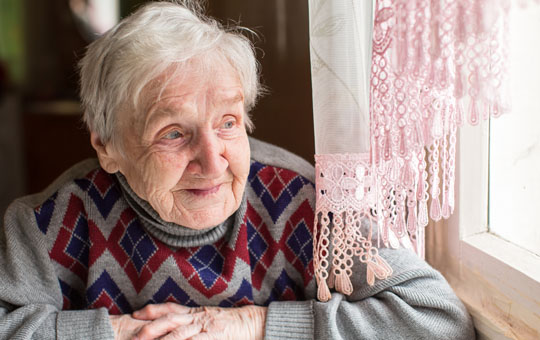News and updates from today's conference focusing on a practical guide to developing trauma informed practice in adult safeguarding.
EXTENDED MASTERCLASS SESSION: Trauma informed safeguarding practice
• developing your skills and competence in trauma informed adult safeguarding
• the importance of language in safeguarding
• frameworks for trauma informed practice
• managing disclosure and preventing re-traumatisation
• training and educating frontline staff in trauma informed safeguarding responses

Ms Deborah Barnett
Deborah Barnett is a published author of articles and books relating to safeguarding adults and self-neglect / hoarding. Deborah is the independent chair and author of Safeguarding Adult Reviews and Domestic Homicide Reviews and provides Safeguarding Adults Boards with consultancy services.
Deborah said "We need to look at communications behind the behaviours of those who have suffered trauma and make a note of these things"
She also said "Trauma compells somebody to go into survival mode". "We need to make that person feel safe and well, a trauma informed approach needs to be applied"
Deborah concluded by saying "We are not blaming of discrminating against a person for an action that is not their fault, we are building someone up, rather than knocking them down".
Case Study: Learning from trauma-focused treatment adapted to the needs of asylum seekers and refugees
• cultural considerations as part of a trauma informed response
• a ‘phased approach’ to meeting the needs of refugees/asylum seekers
• how can we adapt trauma focused treatment specifically for asylum seekers
• the importance of peer support

Ms Angelina Jalonen
Clinical Lead, Psychological Therapist & Clinical Supervisor, The Refugee Council
Angelina Jalonen (MBACP). Clinic Lead at the Refugee Council, a qualified Psychological therapist and Clinical Supervisor. She holds a Masters in Refugee Care from the University of Essex.
Angelina said "You need to be aware of cultural beliefs and behaviours". "Cultural considerations is a big thing working with refugees and asylum seekers". "It is easy for us to treat refugees as victims, as they need our help, but its important to think how can we empower them , so that six months down the line they can help themselves".






























